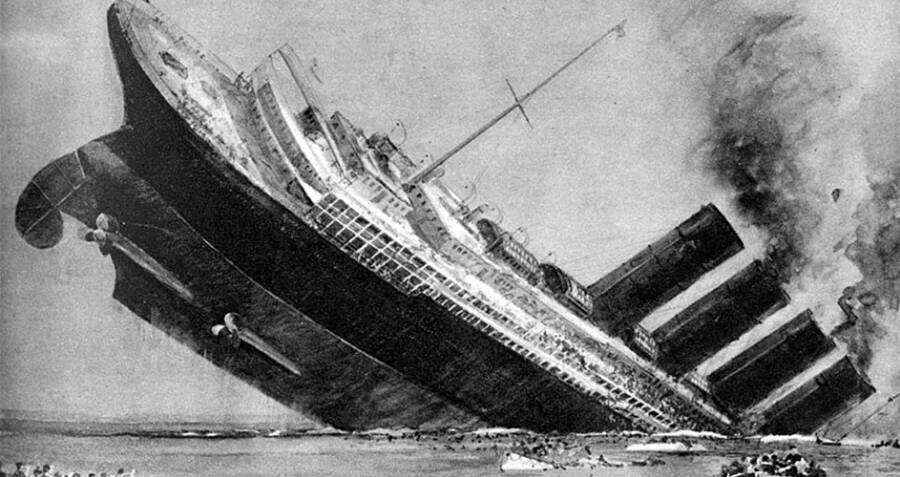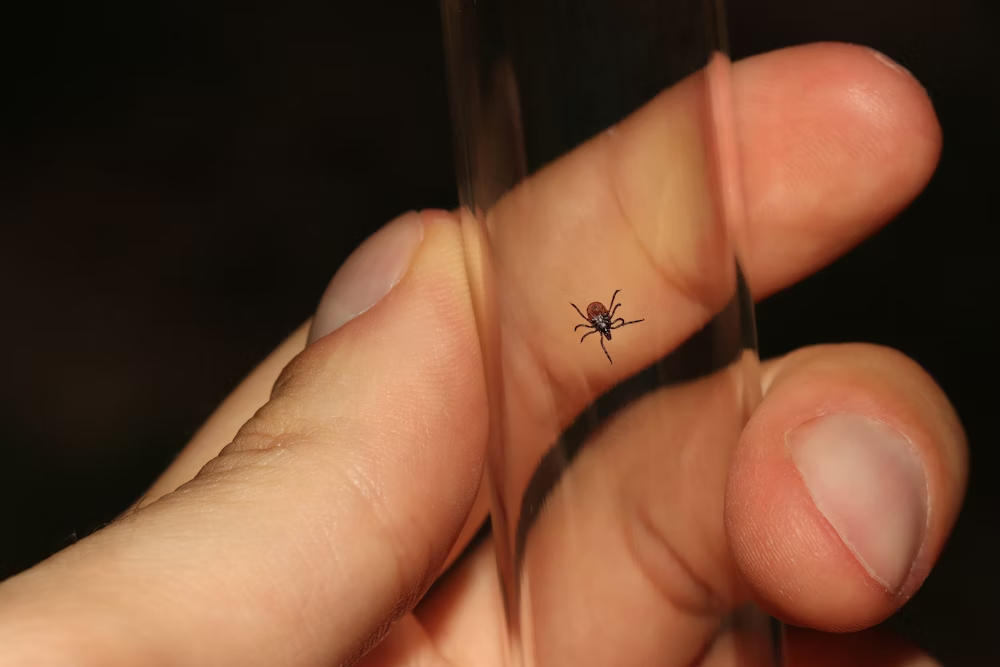
By Mary Hoar, President of the Untermyer Performing Arts Council, Yonkers Historical Society President Emerita and recipient of the 2004 Key to History
Editor’s Note: We begin to publish one of the most popular columns in Yonkers Rising, On This Day In Yonkers History, written by Mary Hoar. Together with Eric Schoen, by far, two of the most popular columns that our readers look forward to every week. Now you can read both, only at YonkersTimes.com
Monday, May 4th
May 4, 1922: Yonkers lost a case in New York State Supreme Court; Justice Arthur Tompkins, in an action initiated by Leake and Watts Orphan Home, decided land used by the Home as a playground and garden should not be taxed by the City of Yonkers.
May 4, 1932: After legislation passed by the Common Counsel gave him the authority, Mayor Joseph Loehr announced he would no longer issue permits to peddlers who did not live in Yonkers.
May 4, 1932: The Honor Board of Yonkers awarded the Medal of Honor to Sergeant Michael Gilmartin and Patrolman Robert Philp, both of whom had engaged in gun battles with armed criminals. The Medal of Honor is the highest award the city could bestow on a police officer or firefighter.
Tuesday, May 5th
May 5, 1926: Yonkers DPW Commissioner Goldsmith ordered Dockmaster Harry Miller to investigate all suspicious looking boats on the Hudson by Yonkers. The Commissioner had received a number of reports that rum runners were unloading their wares on our Yonkers piers.
May 5, 1950: Thirty-five-year-old Cesare Saranga, an engineer born in Italy, invented what was called the TV owner’s dream; he developed a small, inexpensive indoor antenna that was as effective as an outdoor roof aerial. According to Saranga, his antenna was flexible enough to be incorporated into almost any decoration or lamp, and only needed to be adjusted for the weakest station once and never touched again. Saranga arrived in the US with only three cents in his pocket, but was immediately hired to be a pick-and-shovel man for Petrillo Contracting. After a short time, he went to work for Empire Radio and Television Company after proving his ability by repairing two receivers that the owners were unable to fix.
Wednesday, May 6th
May 6, 1933: Yonkers Police and Fire Department members volunteered to use $100,000 of their funds to purchase tax anticipation notes to allow Yonkers to continue operating. They also pledged to pay their own taxes as early as possible.
May 6, 1953: Bookman Associates of New York released “Monarchism in the Weimar Republic,” written by Dr. Walter Kaufman of Locust Hill Avenue. Believed to be the first comprehensive study of the rise and decline of the Weimar Republic, it discussed the parallels between the Republic and the resurrection of clandestine organizations in Western Germany. Born in Mayden, Germany, Kaufman served as an intelligence officer in the US Army Reserves and taught German at Roosevelt High School.
Thursday, May 7th
May 7, 1926: After being in the job for less than five months, public safety Commissioner William Van Keuren resigned. A former NYC Police Inspector, he left at the request of Mayer William Walsh.
May 7, 1945: Appropriately enough, Yonkers learned about 21-year-old Corporal Alan Schoen’s part in the European victory! Son of Alfred Schoen, the Post Street resident was in a Bombardment Group in France that took part in a heavy bombing attack on a railroad yard in Bernberg, Germany. According to Schoen, “the bomb is really covered that yard. Several trains were broken up… The rest of the area really got hit hard.” Schoen had flown more than 40 aerial combat missions against Germany, and wore the Air Medal with seven Oak Leaf Clusters.
May 7, 1950: Our Yonkers Americans Soccer Team won the National Soccer League Cup by beating the Paterson-Dover AC 3-2 at Tibbetts!
Friday, May 8th
May 8, 1915: It was learned five Yonkers people were rescued when the steamship Lusitania was torpedoed by a German submarine off the coast of Ireland. Oscar Garb, Professor Holborne, Mr. and Mrs. Andrew Faulds and Margaret McClintock were saved. Unofficial reports stated the lives of four unidentified Yonkers people were lost.
May 8, 1932: Supreme Court Justice Morschauser ordered Yonkers to reinstate 3 Yonkers police hostlers, George D’Amato, Albert Hayden and Joseph Hickman. Public Safety Commissioner Denis Morrissey had released them from employment the previous January.
May 8, 1952: Yonkers residents learned about Dextran, a promising new substance developed by Refined Syrups and Sugars at our Yonkers riverfront. Dextran could be used as a “volume extender” for blood plasma; the company was quick to point out this was not a substitute for blood, but would supplement a short blood supply. It could be bottled and stored indefinitely, ready to be used whenever needed.
Saturday, May 9th
May 9, 1914: The American Poetry Society gave a spring festival at the home of Mrs. Samuel Untermeyer at Greystone-on-Hudson. Musician Harriet Scholder-Edwin entertained the gathered guests.
May 9, 1945: Steve Shiani, columnist in the Honolulu Advisor, featured Yonkers own Captain Sol Friedman in his article. Friedman, who served as Claims Officer, Special Service Officer, Public Relations Officer, and Legal Advisor, was serving at the Jungle Training Center, where our men got their final training for Pacific warfare. On top of this, Friedman organized top entertainment, such as Bob Hope and Carol Landis, for the more than 250,000 men serving in the area. Shiani felt, with all that Friedman did, he needed to be triplets!
Sunday, May 10th
May 10, 1904: The American Real Estate Company began remodeling the old Getty Homestead on South Broadway into a hotel. The building, to be called the Park Hill Inn, would have two three-story extensions, and was expected to open in six months.
May 10, 1944: The D’Avanzos of Yonkers cheered when their cousin Dr. Teodor Picado was elected President of Costa Rica! The family, Joseph, Aurello, Alfonzo, Vincent, and Carmela D’Avanzo and Yolanda Vetrano lived on Poplar and Waverley Streets and Buena Vista and Riverdale Avenues. The family had come to Yonkers in 1924.
May 10, 1945: Hospital Apprentice George Barker, Jr., of Riverdale Avenue was awakened from a sound sleep in his bunk somewhere in the Marianas, by a man standing by his bed. Thanking the fellow look familiar, he groggily look closer. “Hiya, Georgie,” he heard; it was his Uncle Frank Krylowski of Jackson Street! They had not seen each other in over a year, and spent the day talking Yonkers and other good things. Before Uncle Frank went back to his ship, George promised to visit his uncle.
For more information on the Yonkers Historical Society, Sherwood House and our upcoming events, please visit our Facebook pages. For information on membership in the Yonkers Historical Society, please call 914-961-8940 or email yhsociety@aol.com.





